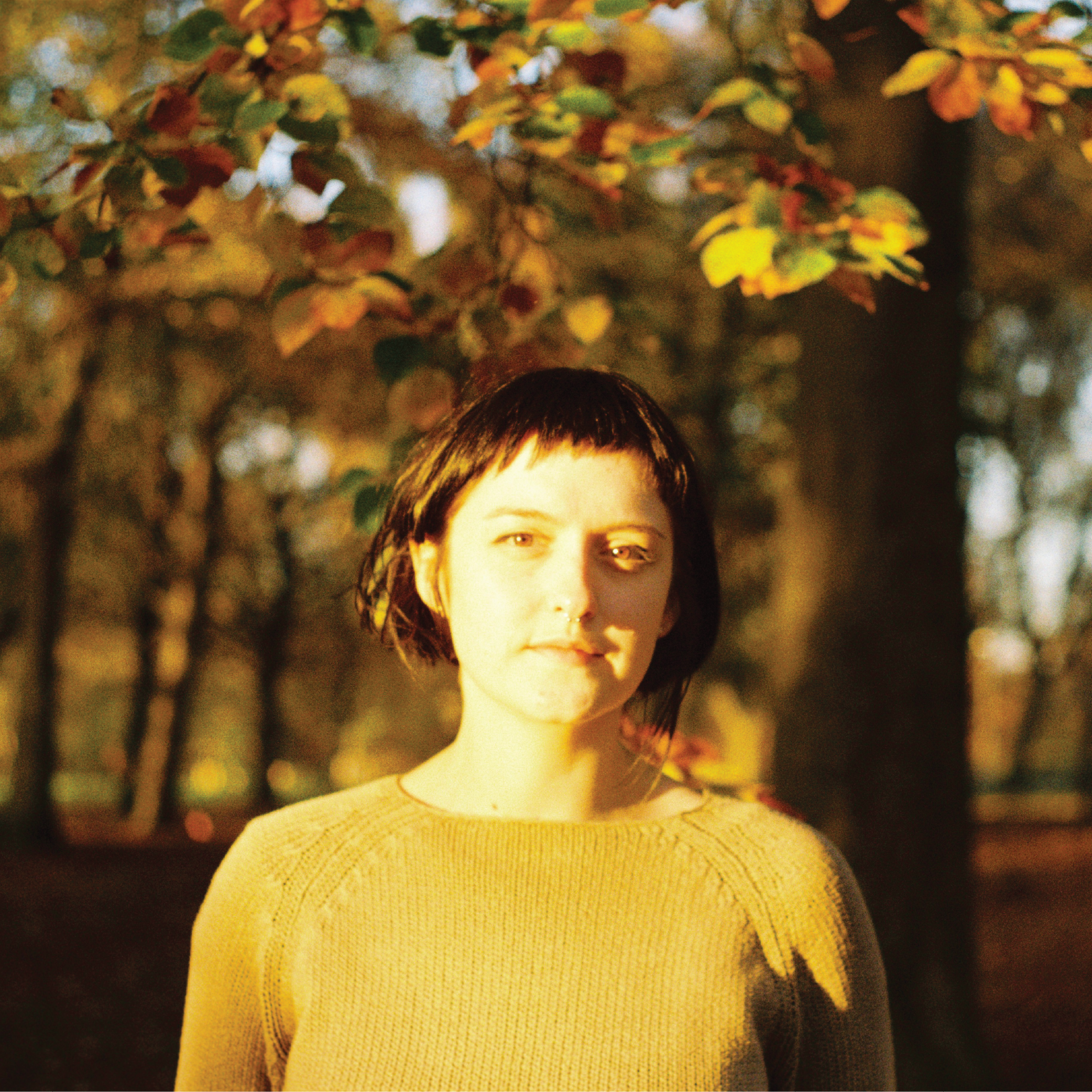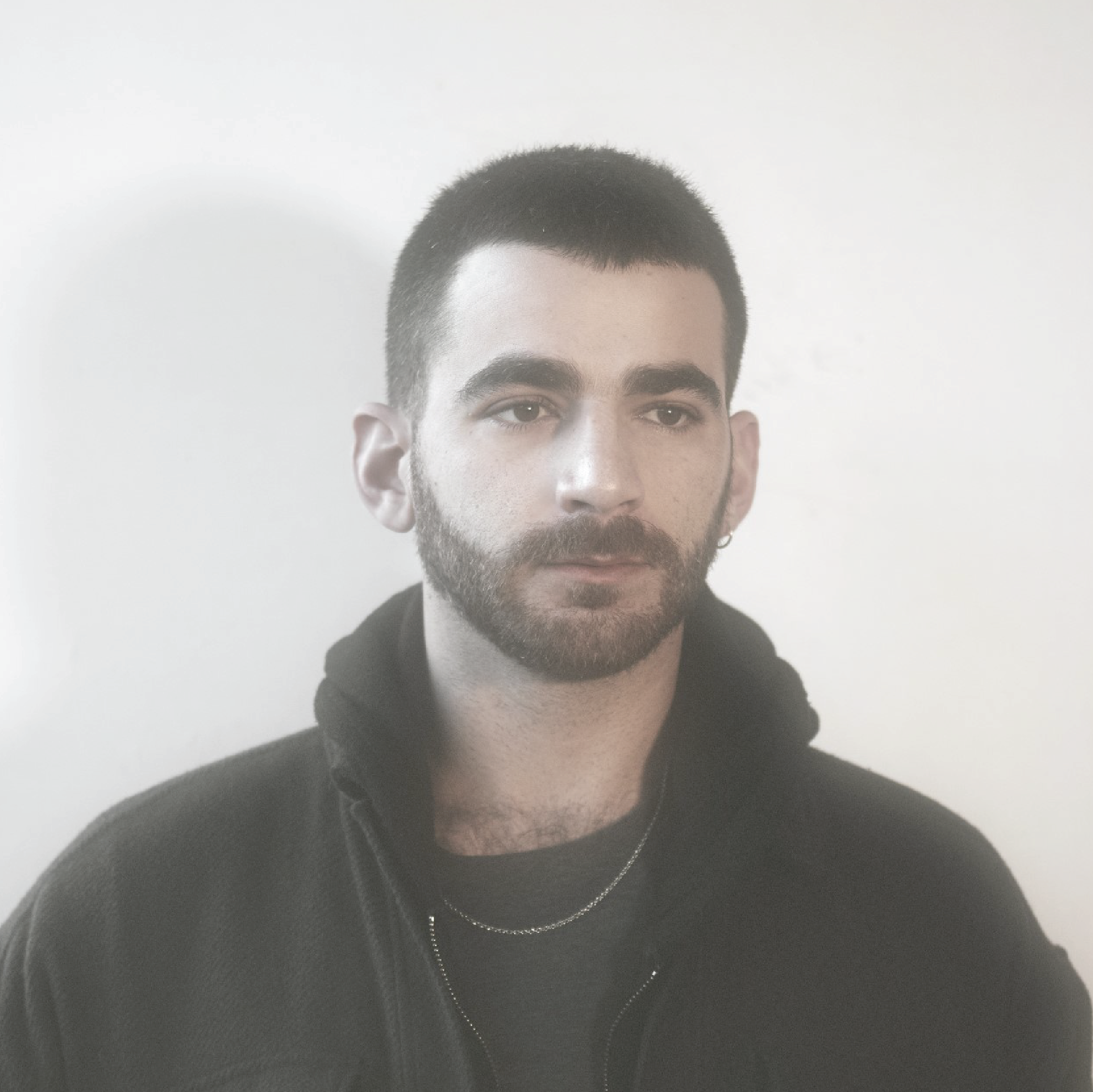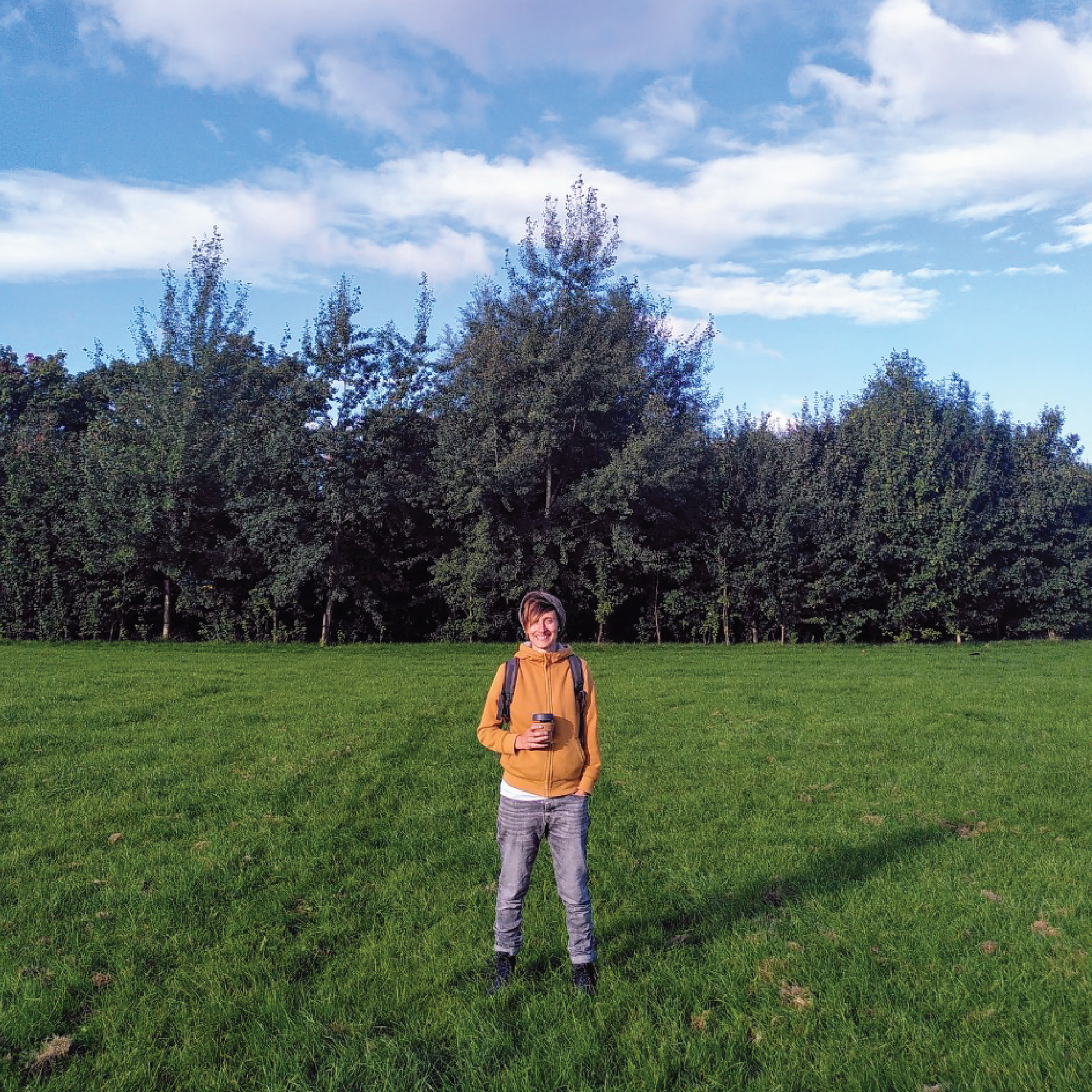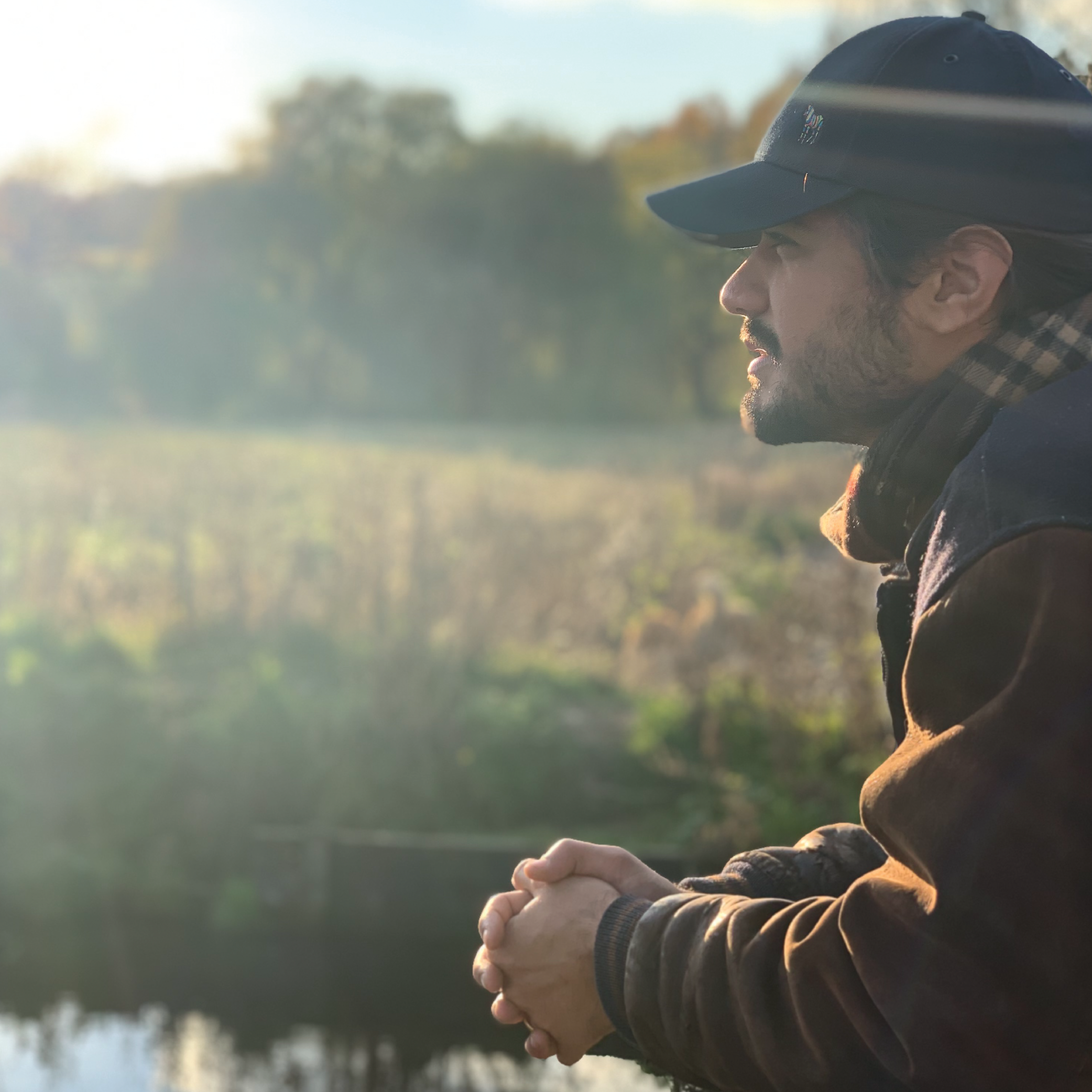Applications are now closed.
How does the Covid-19 Composer Award work?
We will be awarding up to 15 small-scale grants of £500 to composers and music creators in the UK. These can be used to purchase essential equipment, develop skills, or gain vital artistic and practical insight and experience in working with professional musicians, ensembles or other artistic collaborators, with a view to supporting individuals’ longer-term ability to sustain themselves and their careers.
These awards are not designed as a hardship fund or to supplement projects which have confirmed grant support already.
Who is it for?
Following this period of restrictions and uncertainty, Round 5 of the Covid-19 Composer Award is for composers and music creators from lower socio-economic backgrounds.
We recognise that individuals who come from these backgrounds have been, and continue to be, disproportionately disadvantaged when it comes to accessing opportunities and sustaining a career, so our aim is to use this Award as one means of addressing this and to support composers from lower socio-economic backgrounds to undertake creative or professional development.
This call is open to composers and music creators who:
- Identify yourself as being from a working class background based on the occupation of your main household earner when you were about aged 14 i.e.
- Technical and craft occupations such as: motor mechanic, plumber, printer, electrician, gardener, train driver
- Routine, semi-routine manual and service occupations such as: postal worker, machine operative, security guard, caretaker, farm worker, catering assistant, sales assistant, HGV driver, cleaner, porter packer, labourer, waiter/waitress, bar staff
- Long-term unemployed (claimed Jobseeker’s Allowance or earlier unemployment benefit for more than a year)
- have ever lived in sheltered accommodation or experienced homelessness
- experienced being in care at any point
- were a young parent or young carer
- received free school meals at secondary school
- grew up in a family receiving Universal Credit or state benefits
- have ever been in council or social housing, or been on the housing register
- attended a state-run school and were the first in your family to attend university
- have been a refugee or asylum seeker
- identify as having been socio-economically disadvantaged in your upbringing in another way
In order to create these eligibility criteria, we have taken advice from a variety of partners in the sector and cross-referenced this with the Social Mobility Commission’s research.
If you have a question about our criteria, please contact Hannah Bujic or Will Dutta hannah.bujic@soundandmusic.org / will.dutta@soundandmusic.org
What if I don’t fit the criteria?
We know that it is difficult to measure individuals’ socio-economic backgrounds and that other factors not covered above may also affect access to opportunities.
We will not be asking you to disclose your personal circumstances in order to apply for this Award, but to self-identify based on these suggested categories. If you identify as having been socio-economically disadvantaged in your upbringing, then we hope you will consider applying. If you would like to talk to us please get in touch with Hannah Bujic or Will Dutta, Co-Heads of Artist Development at Hannah.bujic@soundandmusic.org / will.dutta@soundandmusic.org .
Who can apply?
Composers, music creators and artists at any stage of their career working in sound and music are eligible to apply who:
- identify as coming from a lower socio-economic background, as defined by the suggested criteria above
- are based in the UK (for at least 2 years)
- are not studying full or part-time
- are not currently participating in a Sound and Music programme (or a previous recipient of the Covid-19 Composer Award)
We particularly encourage applications from composers who are D/deaf, disabled or neurodivergent.
We recognise that applicants who receive benefits may have difficulties declaring income from grants or bursaries. If this applies to you, we encourage you to apply to this Award and we will do our best to seek advice on individual circumstances in order that you are not disadvantaged.
If you have any access needs or access related costs with regards to applying for this opportunity, which are not covered on this page, please contact: Alex Noble (alex.noble@soundandmusic.org)
What can the Award be used for?
Below is an example, not an exhaustive list, of the types of activities this Award can support:
- an online course
- a programme of coaching or mentoring sessions
- acquiring and learning new software or hardware packages
- acquiring technical equipment integral to the creation of a specified new work or livestreaming opportunity (e.g., LED lighting panels or camera)
- a self-directed composition project that would benefit from a period of rehearsal, workshopping or collaboration with a musician(s), ensemble or other artistic collaborator (e.g., visual artist, other performing artist)
- undertaking a recording of existing work with one or more musicians
We are looking for applicants who have a clear idea of the activity or support they would like to access, what difference this will make and who will be able to pay for both the activity and their own time with the Award. There is no requirement to complete a new work or have a performance date secured. Activity can be in-person (following government guidelines) or online.
When will I hear back?
We will aim to let people know (if you have or have not been successful) by the end of March.
Precise timing will depend on the number of applications we receive and we will inform all applicants if we experience delays in this process.
Due to the expected high numbers of applicants, we will be able to offer general rather than personalised feedback, including how many people applied, plus any general advice if you plan to submit another application in the future.
How does the selection process work?
Decisions will be made and Awards will be granted by an external panellist and members of the Sound and Music team and in line with our Fair Access Principles.
The same criteria will be used to review all applications:
- the impact this support will have on your future career
- value for money (to maximise the impact of these Awards)
- diversity of recipients, a breadth of types of work and geographical locations will also be taken into consideration
Budgeting
To maximise the chances of your application being considered, please consider the following:
- Your application should not exceed £500
- Costs should be itemised
- Where artistic collaborators are being paid, fees are expected to be in alignment with rates as set by unions or similar bodies (e.g., Musicians’ Union, Equity, etc.)
How do I apply?
Applications are now closed.
In the application form you will be asked:
- to confirm you identify as coming from a lower socio-economic background, as defined by the suggested criteria
- to upload a short biography (< 100 words)
- to upload a statement (in Word or PDF format – no more than ½ a side of A4) OR a video or audio application of no more than 2 minutes in which you:
- briefly describe the activity you want to undertake and your approach to composing for the musician, ensemble or other performing artist
- briefly describe why it is important to you right now; what difference will it make to you as an artist in terms of being better equipped to support yourself in the future?
- provide a full breakdown of costs that make up the full grant of £500
- to complete our Equal Opportunities Monitoring Form
Thank you so much to Arts Council England and Old Possum’s Practical Trust for making Round 5 of the Covid-19 Composer Awards possible.
See also
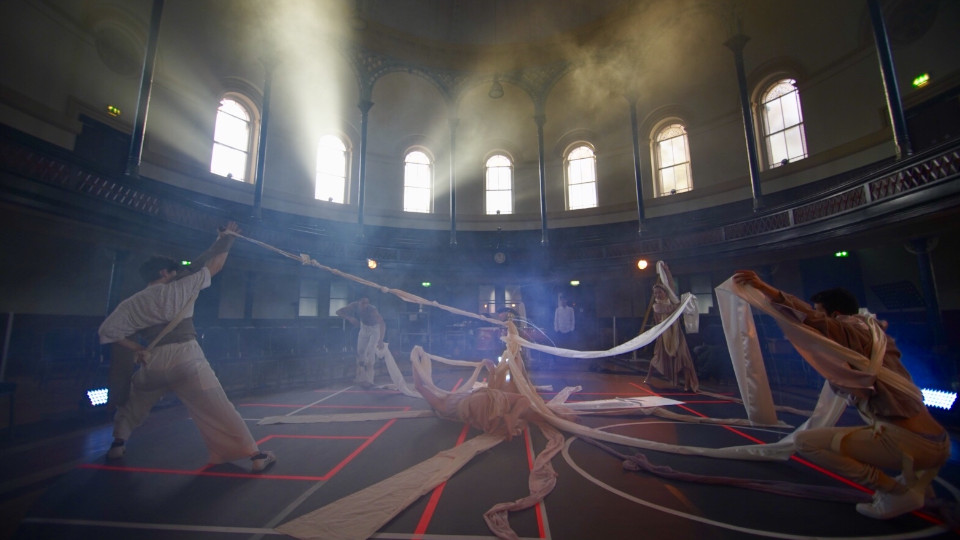
This annual award is given to a UK-based composer for an outstanding new work created through one of our artist development programmes.
Read more about our George Butterworth Award and meet the recipients
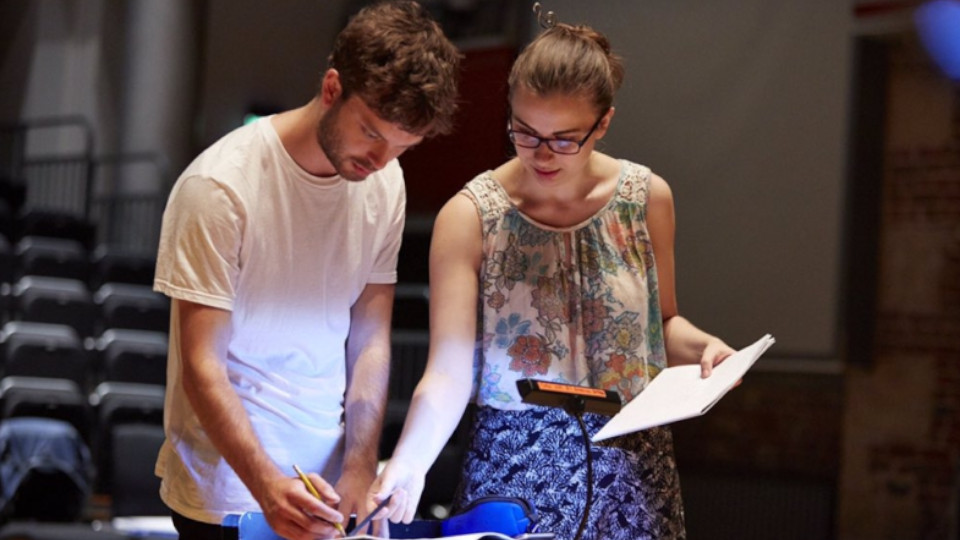
All applicants to our New Voices programme who have been shortlisted and interviewed are awarded a targeted package of support, including coaching sessions and a small grant.
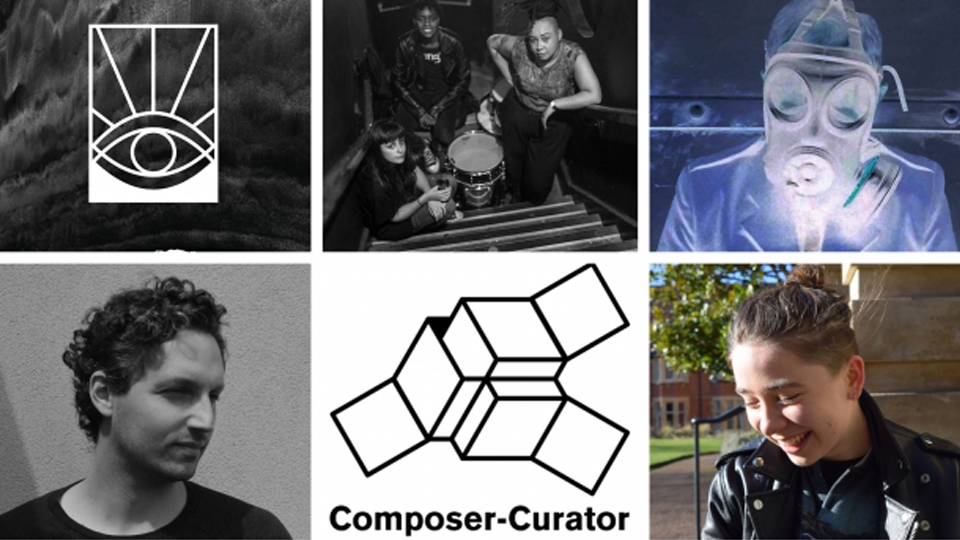
Sound and Music run a range of artist development programmes, including New Voices, Adopt a Music Creator, and Composer-Curator.

